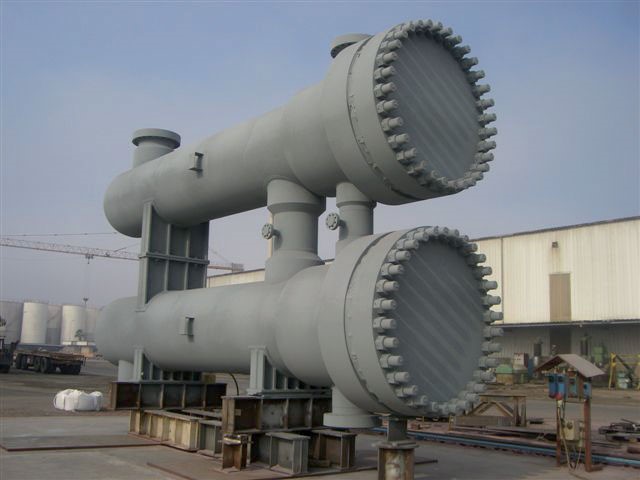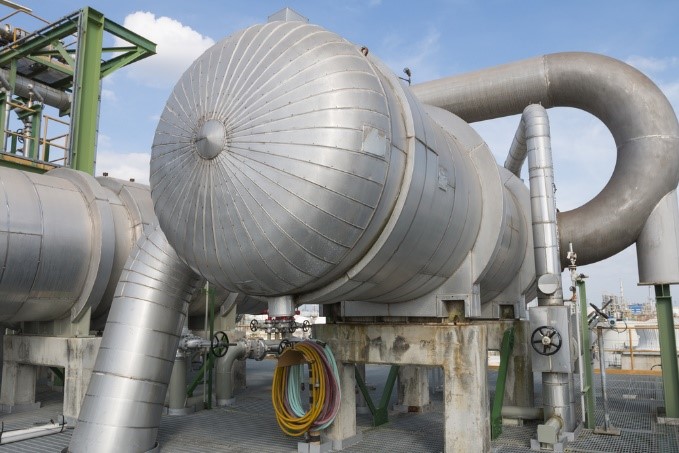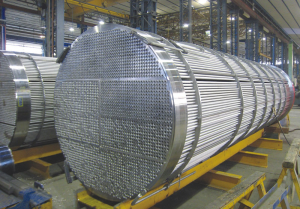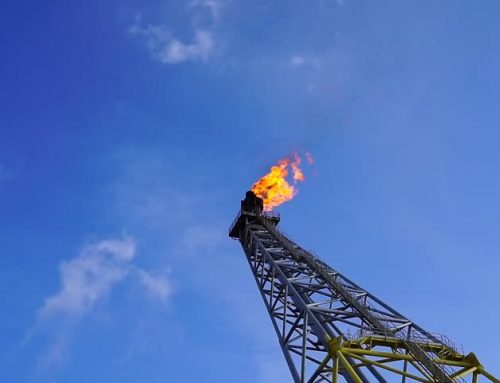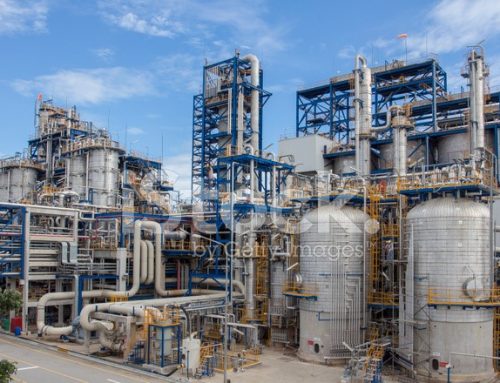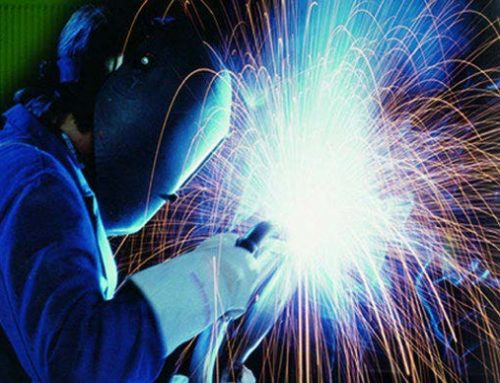Project Description
Why attend
Upon completion of this course, participants will gain an understanding of the basic principles of heat transfer and fluid flow and their application to the design, operation and maintenance of shell and tube heat exchangers as well as compact and air cooled heat exchangers. Delegates will understand of TEMA and ASME codes and learn how to mathematically analyze the different heat exchanger arrangements. Attention will be paid to the recognition and solving of a wide variety of industrial problems, taking existing case studies.
The course will also address the ways in which systematic techniques of inspection and maintenance can lessen major problem areas.
Course Objectives
By the end of the course, participants will be able to:
Design, operate, inspect, maintain and repair heat exchangers and scrutinize their performance in a professional manner.
- Employ the concepts of heat transfer coefficients and determine their overall effect on heat exchanger fouling.
Differentiate between the numerous types of heat exchangers and learn more of their industrial characteristics and other relevant information.
Discuss the industrial features and other information that explain distributed types in relation to power cycles, distillation, recuperators and regenerators.
Carryout heat exchanger analysis for counter flow, cross flow and multipass heat exchangers and to apply the well-known correction factors
Conduct a heat energy balance for different types of counter flow heat exchangers.
Who should attend
This course provides an overview of all significant aspects and considerations of heat exchangers in accordance with the international standards ASME and TEMA for those who are involved in the sizing, selection, operation, inspection, maintenance and troubleshooting of Heat Exchanging equipment. This includes Project engineers, process engineers, plant and maintenance engineers, pressure vessels engineers and supervisors.
Course Outline
- Conduction – Convection
- Overall Heat Transfer – Logarithmic Temperature Differences
- Correction Factors – Fouling – Effectiveness
- Double-Pipe – Parallel-Flow and Counter-Flow – Compact
- Shell and Tube – Plate and Frame – Regenerative
- Condensers – Boilers – Space Radiators – Addition of Fins
- Calculation of Overall Heat Transfer Coefficient for a Heat Exchanger
- Effect of Fouling on the Overall Heat Transfer Coefficient
- Industrial Features and Additional Information
- Industrial Distribution of Different Types
- Condensation, Evaporation, Heat Recovery, Heat Rejection
- Power Cycles, Distillation, Recuperators, Regenerators
- Logarithmic Mean Temperature Difference Method – Effectiveness- NTU Method
- Counter Flow, Cross Flow and Multipass Heat Exchangers
- Application of Correction Factors
- Pre-heat Calculations – Energy Modeling
- Heat Exchanger Selection for a Given Process
- Course and Fine Filters
- General Points on Material Selection and Pressures –
- Thermal Effectiveness
- Advantages and Disadvantages of Double-Pipe Arrangements and Scope of Application
- Common Materials Used
- Shell and Tube Heat Exchangers
- Plate and Frame Heat Exchangers
- Advantages and Disadvantages of these Types and Scopes of Application
- Air-Cooled Heat Exchangers – Plate-fin heat Exchangers –
- Printed Circuit Heat Exchangers
- Advantages and Disadvantages of these Types and Scopes of Application
- Scoping – Quick-sizing – Correction Factors
- Estimation of the Overall Heat Transfer Coefficient –
- Estimating Cost – ESDU Data
- Logarithmic Interpolation
- Multipass Heat Exchanger
- Example in Determining Heat Transfer Rate With and Without Effects of Fouling
- Problem Session
- Arithmetical Exercise on Multipass Heat Exchangers
- Heat Exchanger Inspection – Scope – Construction – TEMA Standards and Terminologies – Fluid Allocation – Design Problems, Design Enhancement – Examples
- Heat Exchanger Maintenance
- Planning – Precautions Required – Plugging – Ferruling – Sleeving – Shell Side Repairs – Retubing
- Fouling Control of Heat Exchanger
- Visual, NDT – Common Failures – Inspection Tools – Inspection Codes
- Design of Shell and Tube Heat Exchangers
- Achievement of Duty Required – Developing Design Envelope – Choosing the Best Design –
- Pressure Drop and Tube Vibration Issues
- Example on a Multipass Heat Exchanger
- Determination of Heat Transfer and Outlet Stream Temperatures
The workshop
This interactive training course includes the following training methodologies as presented on the next column based on percentage of the total tuition hours:
Lectures
Workshops & Work presentation
Case Studies & Practical Exercises
Videos, Sofware & General Discussion
The course instructor may modify the above training methodology before or during the course for technical reasons with no prior notice to participants.
Falcon Consulting Professionals is established in Greece for the last 15 years in the areas of technical consulting and professional training for the local industries. Falcon is expanding in GCC, aiming to provide the best consulting and training solutions to the industries of the region. Falcon’s instructors are accredited trainers and highly experienced in their fields, as well as adult training. We aspire to build our business relationships on mutual trust. The achievement of results with an emphasis on innovation and sustainability, quality, cost analysis and time scheduling are non-negotiable from the conceptual phase of the training.

